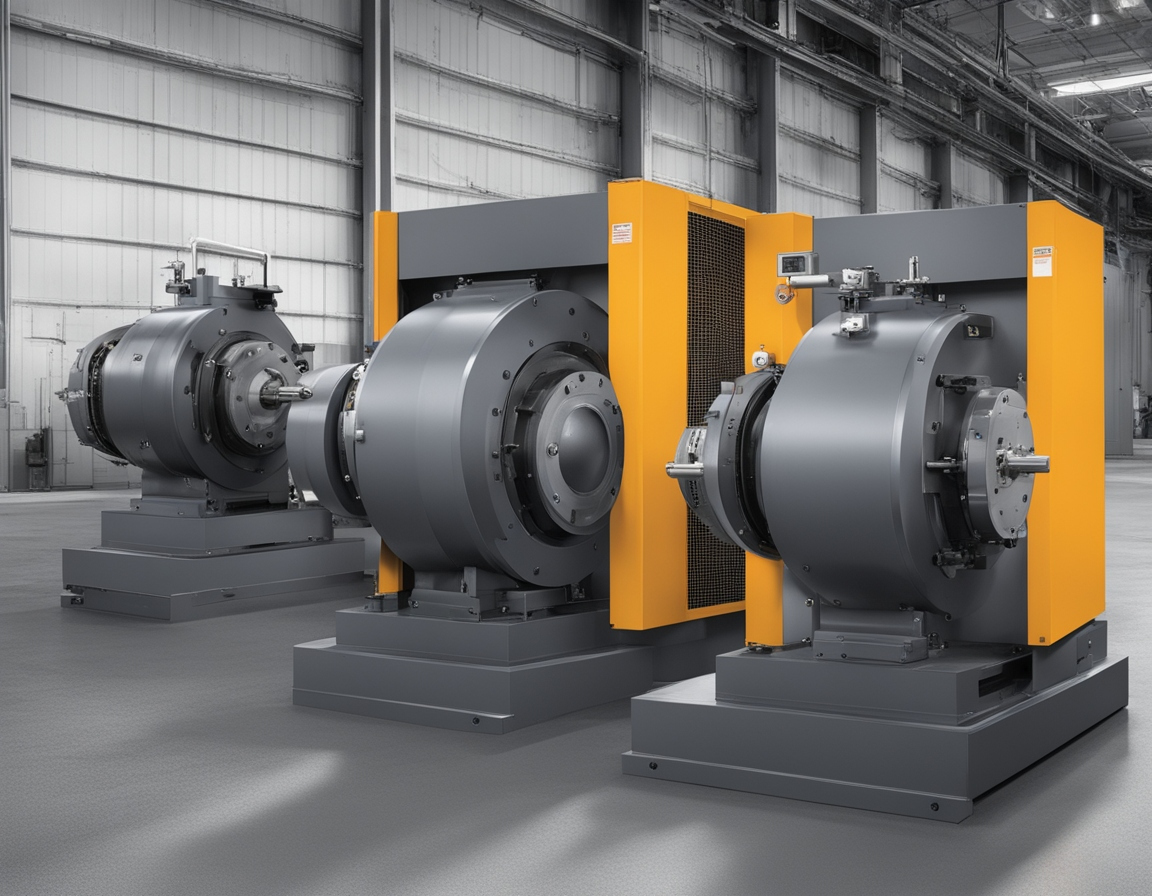
Magnetic Bearing vs. Traditional HVAC Compressors: What Facility Managers Need to Know
Magnetic Bearing vs. Traditional HVAC Compressors: What Facility Managers Need to Know
Facility managers are constantly under pressure to deliver energy efficiency, reduce downtime, and lower lifecycle costs, all while keeping HVAC systems running reliably. At the core of this challenge lies a crucial component: the compressor. Traditionally, compressors use oil-lubricated bearings and mechanical components that degrade over time. Enter magnetic bearing technology, a game-changing alternative that eliminates friction, cuts energy consumption, and slashes maintenance needs. This article breaks down how magnetic bearing compressors stack up against traditional systems and why the switch is worth considering for modern facilities.
Related Links: Magnetic Bearing Chillers | Chiller Solutions | About BROAD India | Contact Us | BROAD International
Technology Comparison: How They Work
- Traditional HVAC compressors rely on metal bearings and oil lubrication to reduce friction. Over time, these mechanical systems face wear and tear, leading to reduced efficiency and more frequent service requirements.
- Magnetic bearing compressors use electromagnets to levitate the shaft, allowing it to spin at high speeds without physical contact. This technology eliminates friction and enables precise digital control, improving energy performance under varying load conditions.
Key Stat: Magnetic bearing compressors can reach up to 95% mechanical efficiency, compared to 70–80% in conventional systems.
Energy & Performance Metrics
- Magnetic bearing compressors stand out in energy savings. With no friction or oil drag, they consume considerably less power. Facilities report energy reductions of 30–50%, particularly under variable loads.
- Their high partial-load efficiency makes them perfect for smart HVAC systems integrated with BMS (Building Management Systems).
Example: A commercial tower in Mumbai reduced energy usage from 1.1 kW/ton to 0.63 kW/ton after switching to BROAD magnetic bearing models.
Maintenance, Downtime & Lifecycle Costs
- Traditional compressors need frequent oil changes, bearing replacements, and vibration monitoring—raising maintenance costs and unplanned downtimes.
- Magnetic bearing systems eliminate oil, reduce mechanical contact, and use smart sensors, requiring far less upkeep.
Cost Insight: Over a 10-year span, magnetic bearing chillers can lower maintenance costs by up to 60%. Predictive diagnostics and durable components also minimize emergency repairs.
Conclusion: A Smarter, Long-Term Investment
For facility managers, choosing between traditional and magnetic bearing compressors comes down to long-term ROI, reliability, and energy performance. Though the initial investment is higher, magnetic bearing systems provide unmatched efficiency, quieter operation, and lower maintenance making them a wise choice for forward-looking institutions. BROAD’s magnetic bearing chillers lead the way in smart HVAC technology that delivers performance and peace of mind.
